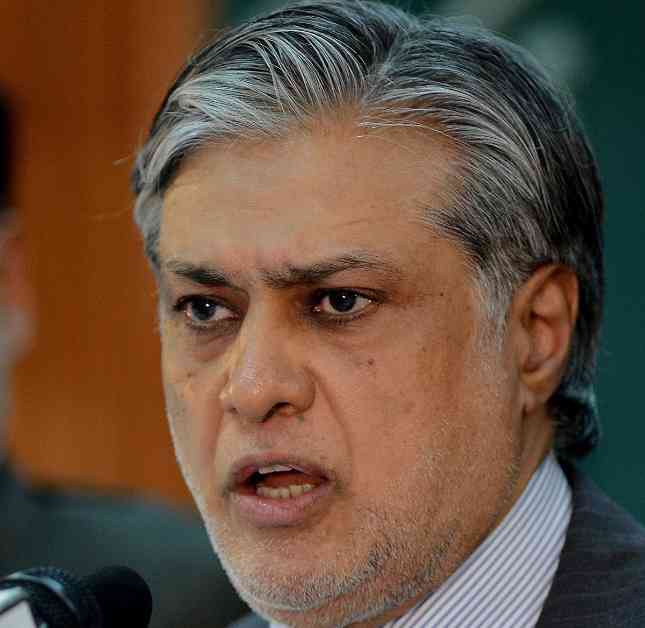Deputy PM and Foreign Minister Ishaq Dar Assures Timely Release of Funds to Sindh
Deputy Prime Minister and Foreign Minister Ishaq Dar has reaffirmed the federal government’s unwavering commitment to ensuring the full and timely release of funds for all approved projects in Sindh. This assurance comes in response to concerns raised by Sindh Chief Minister Syed Murad Ali Shah during a recent meeting at the Deputy Prime Minister’s office in Islamabad.
Sindh Chief Minister Seeks Assurance
During the meeting, Chief Minister Shah, accompanied by MNA Syed Naveed Qamar and other key officials, expressed his concerns regarding the timely disbursement of funds for various development projects across the province. The discussions focused on the Public Sector Development Programme (PSDP) of Sindh, with particular emphasis on projects related to road connectivity, water storage, schools infrastructure, and housing.
Commitment to Ongoing Development Projects
Deputy PM Dar and Chief Minister Shah, along with their respective teams, delved into the details of ongoing projects, addressing issues related to allocations, implementation, and approvals. The meeting served as a platform to review the status of project approvals and their subsequent implementation, ensuring transparency and accountability in the process.
Pledge for Swift Decision-making
In a bid to expedite project execution, Deputy PM Dar assured that any potential increase in project costs would be promptly evaluated by the relevant authorities, namely the Central Development Working Party (CDWP) and the Executive Committee of the National Economic Council (ECNEC). This commitment aims to streamline the decision-making process and eliminate any bottlenecks that may hinder the progress of vital development initiatives in Sindh.
As a journalist, I can’t help but reflect on the significance of such governmental commitments in driving socio-economic progress and fostering inclusive growth in regions like Sindh. The assurance of timely funding not only underscores the government’s dedication to fulfilling its promises but also instills hope and confidence in the local populace. Amidst the complexities of bureaucratic procedures and budgetary constraints, the impact of these decisions resonates deeply with the everyday lives of citizens, shaping the landscape of opportunities and infrastructure within the province.
This narrative illuminates the intersection of policy-making and public welfare, where decisions made in the corridors of power reverberate in the streets and neighborhoods of Sindh. It prompts us to ponder the tangible outcomes of political pledges and the transformative power of effective governance. As we navigate the intricate web of governance structures and development frameworks, the essence of public service lies in translating promises into actions, ensuring that the wheels of progress keep turning for the benefit of all.









